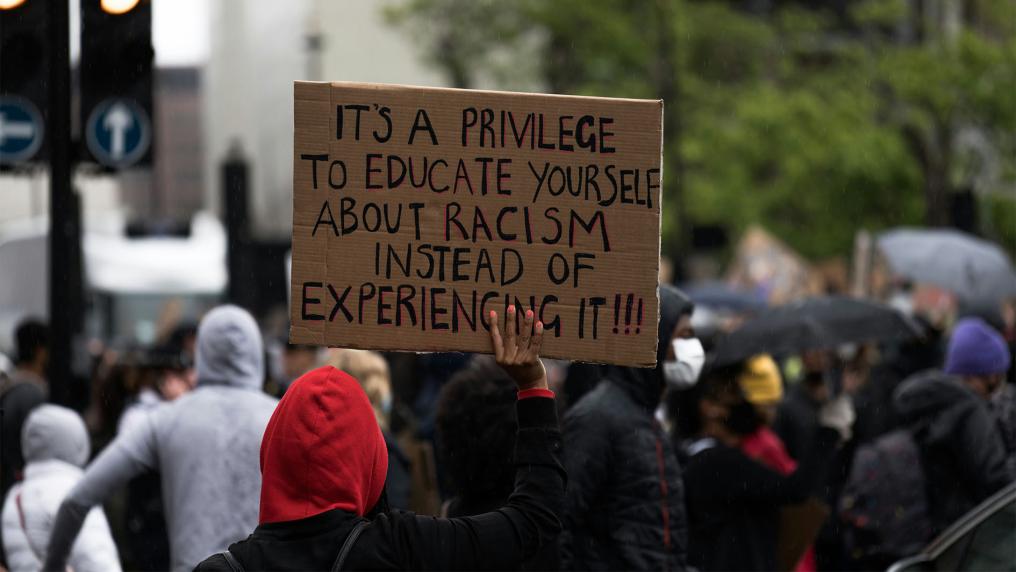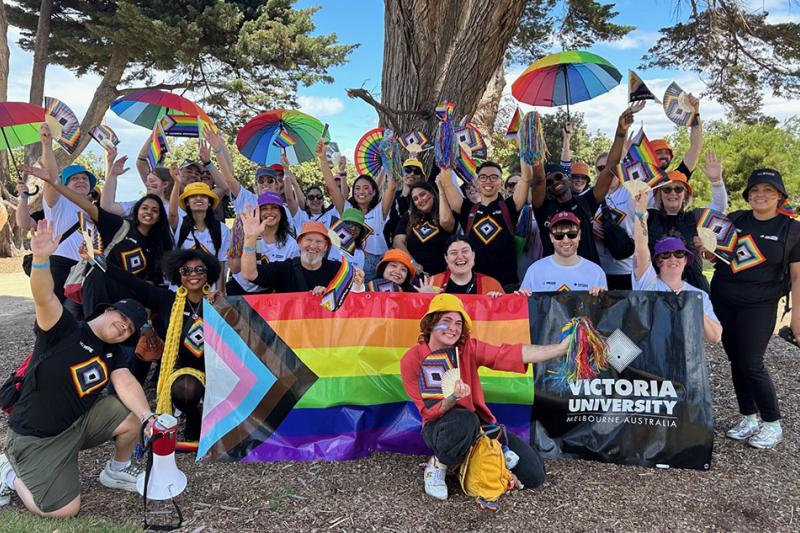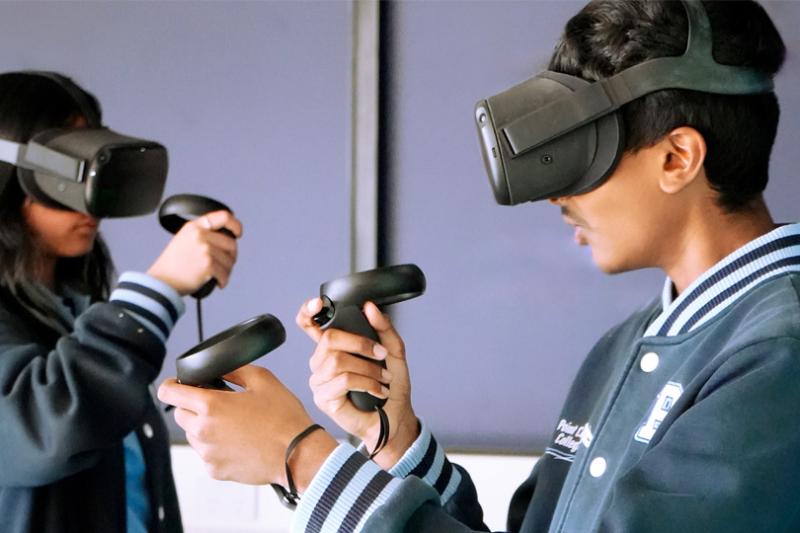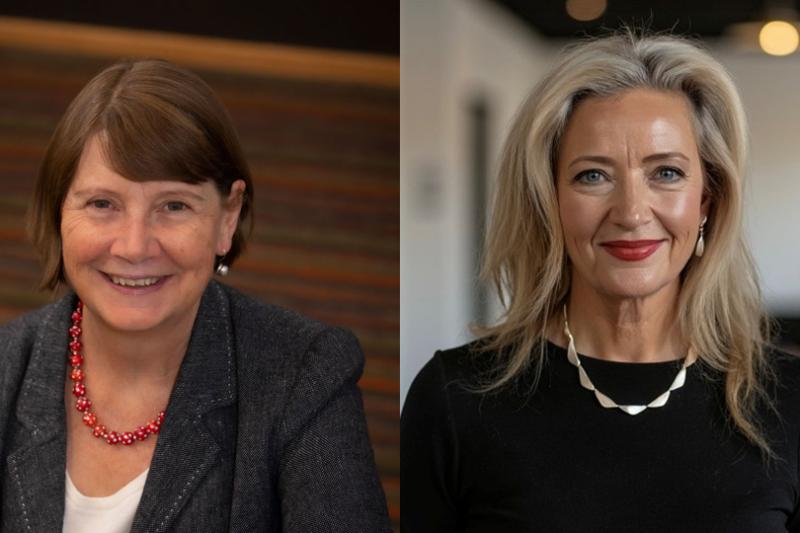Majority of racism in Victoria goes unreported due to “high cost, low reward” system

New Victoria University (VU) research reveals most incidents of racism in Victoria go unreported with culturally and racially marginalised Australians citing mistrust, fear and systematic barriers as key deterrents.
Speaking out against racism? Silence, agency and unheard voices among radicalised communities in Australia has just been published in peer-reviewed journal, Ethnic and Racial Studies.
The research, conducted across Victoria between 2022 and 2024, surveyed 703 individuals from communities affected by racism and engaged 159 participants through 27 peer-led community focus groups. It found that while 76 per cent of survey respondents had experienced racism, only 15.5 per cent had reported it to an organisation.
The reasons for not reporting were stark:
- 75.2% said they didn’t know where or how to report.
- 83.2% feared the process was too difficult and time-consuming.
- 90.6% believed that reporting would result in no change.
- A significant majority feared negative consequences, including workplace retaliation, academic disadvantage, or threats to residency status.
One African Australian participant reflected, "You know you’re gonna be a double victim. If you report racism, you become a target."
Another focus group participant – a Somali-born mother – said her daughter was racially abused by a teacher. When she raised it with the principal, she said "he didn’t do anything. The kids all agreed that no one would do anything about it."
The report also revealed deep psychological barriers. Many participants didn’t want to "cause trouble" or “rock the boat”, and some even felt guilty for potentially harming their perpetrators.
Research lead, Associate Professor Mario Peucker said, "We need systems that listen, respond and support – not systems that silence."
Speaking out against racism should not be an act of bravery. These voices must lead the way forward in addressing racism, without putting the burden of fixing the problem on those who still have to face it.
The case for culturally safe support & reporting pathways
The study argues that the current system for reporting racism is not working well for the communities who need it the most. Formal channels, such as police or human rights commissions, are often seen as inaccessible or ineffective.
In response, VU has assisted community organisations and service providers in establishing three local community-led anti-racism support networks. These trusted, culturally safe spaces now provide peer-based support tailored to the community needs. These networks have also started to document incidents of racism with the goal of raising awareness and informing targeted anti-racism actions.
"These networks are helping break the silence,"
said Associate Professor Peucker, who together with Dr Franka Vaughn, Dr Jo Doley and Professor Tom Clark conducted the research.
The research team is calling for improved cultural safety in support and reporting systems, and long-term funding to sustain and expand the crucial work of these community-led anti-racism support networks.
"We’re seeing the emergence of locally grounded alternatives that provide care, validation and advocacy as well as a better chance for accountability."
Find more information about the new local anti-racism support networks and anti-racism support resources.



